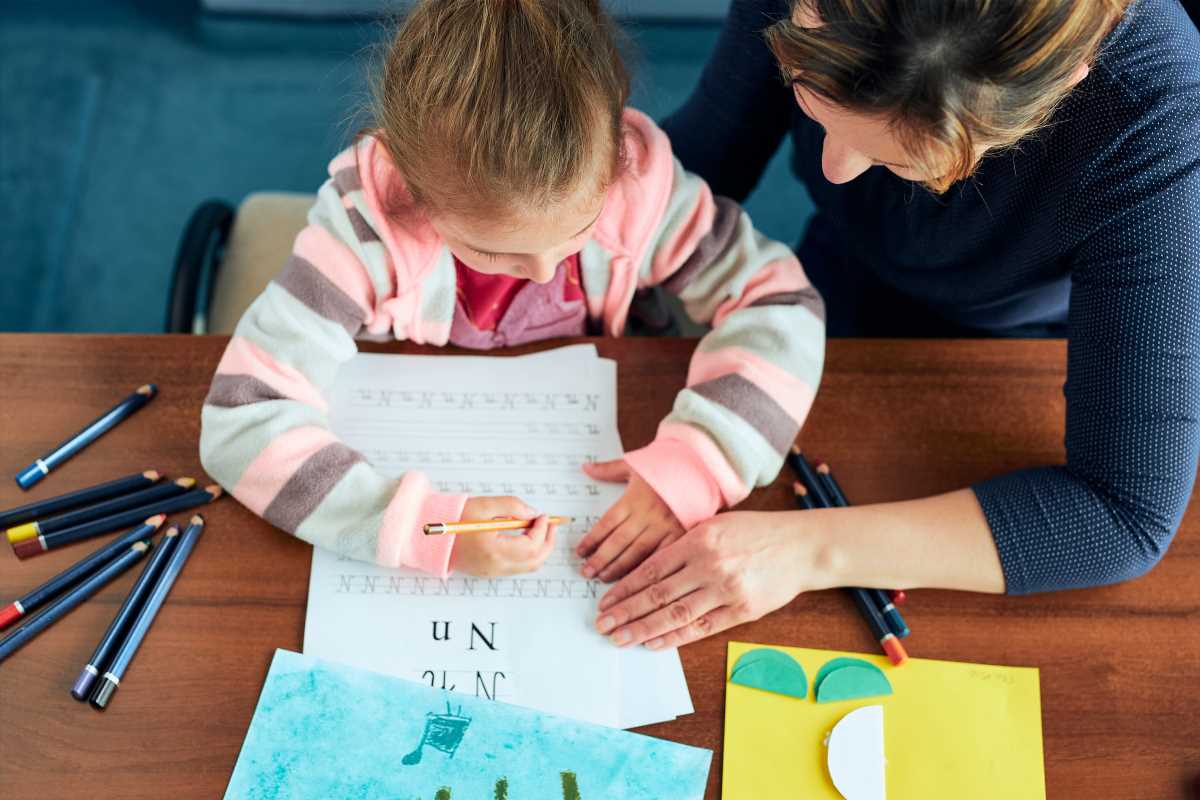Grandparents hold a special place in the fabric of family life, offering a unique blend of wisdom, love, and experience that can significantly influence a child's upbringing. The role of grandparents extends beyond simple care; they become pillars of support, reservoirs of family history, and sources of endless affection. Recognizing and harnessing this "grandparent power" can lead to enriched experiences for children, fostering their growth and stability in meaningful ways.
Ways Grandparents Can Contribute
Grandparents can wear many hats in a child's life, each contributing uniquely to their development. As mentors, they provide guidance based on years of personal and professional experiences, helping children navigate life's challenges with confidence. Whether it's offering career advice or life lessons, grandparents can instill values that shape a child's character and decision-making processes.
In addition to mentoring, grandparents often take on the role of caregivers. Whether it's babysitting after school, taking over weekend duties, or stepping in during emergencies, their presence offers parents a much-needed support system. This caregiving role not only alleviates stress for parents but also provides children with a sense of consistency and security.
Moreover, grandparents serve as storytellers, sharing tales from their own lives or cultural stories that might otherwise be lost. These narratives help children develop a sense of identity and continuity, connecting them to their heritage and family history. Through storytelling, grandparents can also stimulate a child's imagination and language skills, making learning both fun and engaging.
Benefits for Children
- Emotional Support: Grandparents provide a stable source of love and reassurance, helping children build emotional resilience and confidence.
- Cultural Education: By sharing traditions, customs, and family history, grandparents help children develop a strong sense of cultural identity and belonging.
- Family Bonding: Regular interactions with grandparents strengthen family ties, fostering a sense of unity and mutual respect among all family members.
- Educational Enhancement: Grandparents often aid in homework, reading, and other educational activities, contributing to a child's academic success.
- Social Skills Development: Through interactions with grandparents, children learn important social skills such as patience, listening, and empathy.
Examples of Successful Interactions
- Cooking Together: Preparing family recipes or trying new dishes can be a fun and educational activity that teaches children about nutrition, measurement, and the joy of creating something together.
- Reading Sessions: Sharing stories and reading books together not only enhances literacy skills but also strengthens the bond between grandparents and grandchildren.
- Gardening Projects: Working on a garden teaches children about responsibility, the environment, and the rewards of nurturing living things.
- Crafting and DIY Projects: Engaging in crafts or building projects encourages creativity and problem-solving, providing a sense of accomplishment for children.
- Historical Exploration: Visiting museums, historical sites, or simply discussing past events can spark a child's interest in history and learning about the world.
Potential Challenges and Solutions
While the involvement of grandparents is highly beneficial, it can come with its own set of challenges. One common issue is differing parenting styles between parents and grandparents, which can lead to misunderstandings or conflicts. To mitigate this, open communication is key. Families should have honest discussions about expectations and establish clear boundaries to ensure a harmonious environment for everyone.
Another potential challenge is the physical distance between grandparents and their grandchildren. In today’s fast-paced world, geographical separation can limit face-to-face interactions. However, leveraging technology can bridge this gap. Regular video calls, virtual game sessions, and sharing photos can maintain and even strengthen the grandparent-grandchild relationship despite the distance.
Health issues can also pose challenges, particularly as grandparents age. It's important to be understanding and adaptable, finding alternative ways for them to stay involved without overexerting themselves. This might include shorter visits, less physically demanding activities, or involving other family members to share caregiving responsibilities.
Effective cooperation and mutual respect are essential in overcoming these challenges. By addressing potential issues proactively, families can ensure that grandparent involvement remains a positive and enriching aspect of their lives.
The influence of grandparents on children’s lives is profound and multifaceted. From providing emotional support and cultural education to engaging in meaningful activities, grandparents play a crucial role in nurturing well-rounded and resilient children. By recognizing the value of grandparent involvement and addressing any challenges that arise, families can create a nurturing environment that truly enriches children's lives. Embracing this intergenerational bond not only strengthens family connections but also lays the foundation for a supportive and loving future for the younger generations.
 (Image via
(Image via





